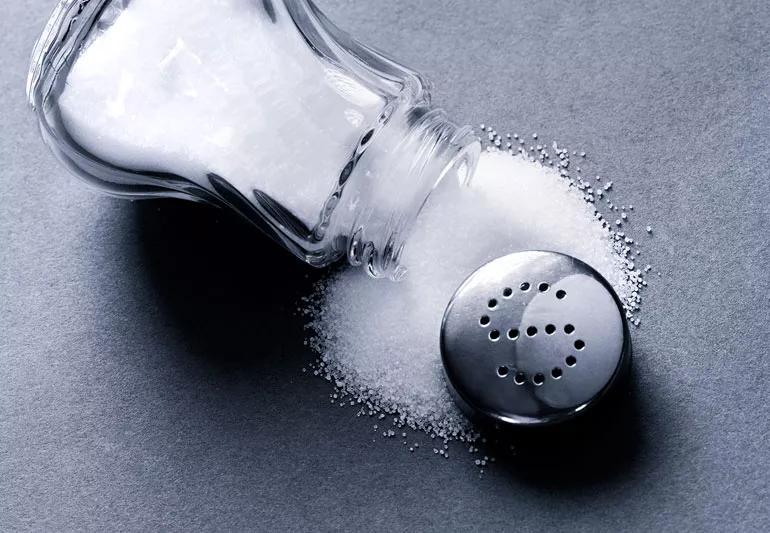Notice: This document has been submitted to the Office of the Federal Register (OFR) for publication and has not yet been placed on public display or published in the Federal Register. The document may vary from the published document if minor editorial changes were made during the OFR review process. The document published in the Federal Register is the official document.
4164-01-P
DEPARTMENT OF HEALTH AND HUMAN SERVICES
Food and Drug Administration
21 CFR Parts 130, 131, 133, 136, 137, 139, 145, 150, 155, 156, 158, 161, 163, 166, 168, and 169 [Docket No. FDA-2022-N-2226]
RIN 0910-AI72
Use of Salt Substitutes to Reduce the Sodium Content in Standardized Foods
AGENCY: Food and Drug Administration, HHS.
ACTION: Proposed rule.
SUMMARY: The Food and Drug Administration (FDA or we) is proposing to amend our standard of identity (SOI) regulations that specify salt (sodium chloride) as a required or optional ingredient to permit the use of salt substitutes in standardized foods, to reduce the sodium content. Reducing sodium may help reduce the risk of hypertension, a leading cause of heart disease and stroke. The proposed rule, if finalized, would help support a healthier food supply by providing flexibility to facilitate industry innovation in the production of standardized foods lower in sodium while maintaining the basic nature and essential characteristics of the foods.
... The proposal would not require manufacturers to replace salt with salt substitutes. Instead, manufacturers would have the option of using salt substitutes to replace salt in standardized foods. Should manufacturers choose to use this flexibility to reformulate some products by substituting some salt with salt substitutes, the primary benefits realized would result from lower sodium consumption by U.S. consumers who choose to purchase and consume the reformulated versions of such products, and increased profit (producer surplus) for manufacturers (or at least no decrease in profits). The primary cost of such voluntary market behavior would include reformulation and relabeling costs for the manufacturers.
__________________________________________________ __________________________
Are Salt Substitutes a Healthy Way to Lower Your Sodium Intake? - Cleveland Clinic
... Salt substitutes typically swap sodium chloride for potassium chloride. But are they a good swap? Not necessarily, says dietitian Maxine Smith, RD, LD.
“Salt substitutes can be a healthy alternative for some people because potassium is an important mineral that helps lower blood pressure,” she says. “But salt substitutes can be dangerous when you have conditions such as kidney disease, heart disease, high blood pressure, liver disease or diabetes.”
These conditions may (though not in all cases) raise the risk of high levels of potassium in your blood — normally well-controlled by the body. The potassium in salt substitutes can tip that balance.
Similarly, using salt substitutes while on certain medications — the most common being ACE inhibitors and potassium-sparing diuretics — can raise your blood potassium to risky levels.
“There are a number of risks,” Smith says, “so don’t take salt substitutes unless they’re approved by your physician.”
